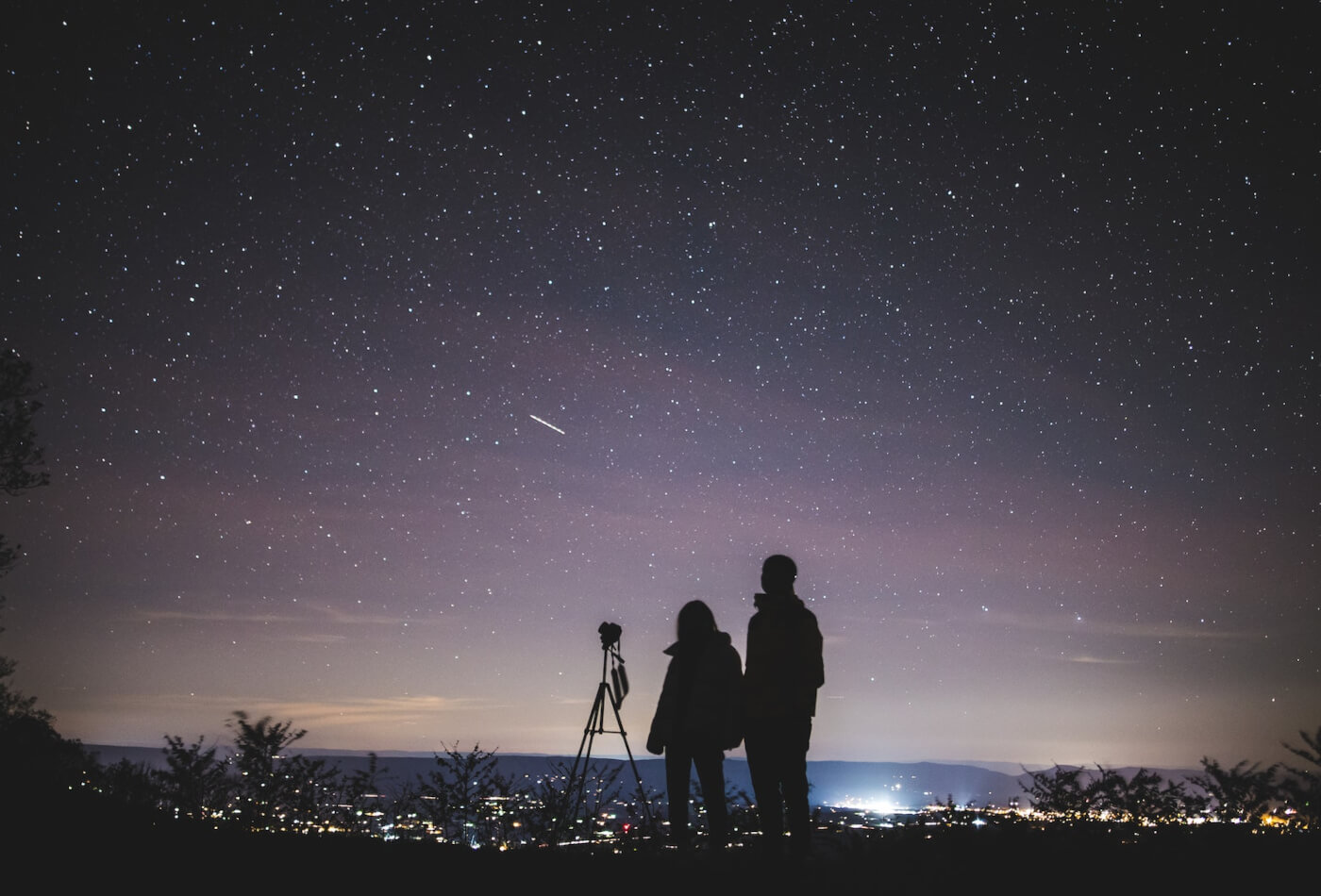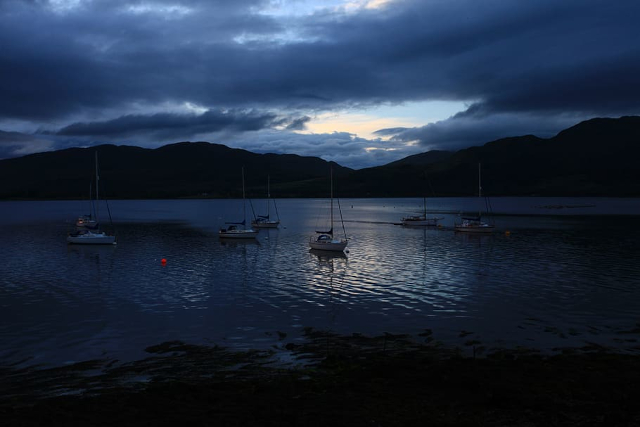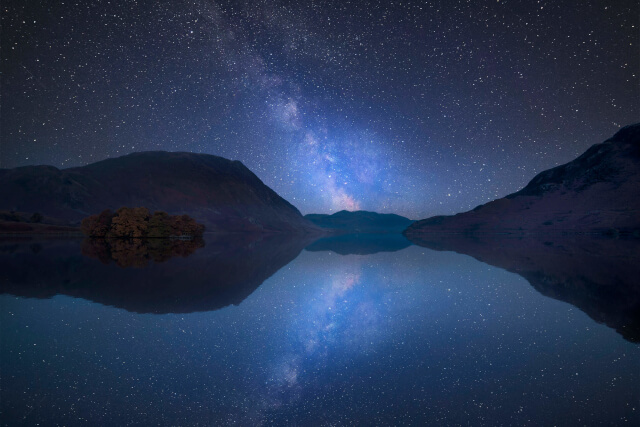Enjoy Mother’s Day in the Lake District
Mother’s Day falls on Sunday 10th March this year, so if you’re looking for the perfect way to celebrate,...

Dark skies in the Lake District aren’t just great for stargazing – they’re critical for the health and well-being of our native nocturnal wildlife.
Every year, the amount of light pollution in Cumbria is increasing, posing a threat to wildlife and preventing us enjoying a clear view of the stars.
The annual Dark Skies Festival held in Cumbria celebrates the importance of dark skies, how we can enjoy them, and what we can do to reduce light pollution. Continue reading to find out more…
Dark skies are exactly what they sound like – areas of the sky that are naturally dark and aren’t affected by light pollution (artificial light created by humans).
Many areas of the UK have now been awarded ‘dark sky’ status, highlighting them as excellent locations for stargazing and astronomy.

It’s important to raise awareness of dark skies, not only so more people can enjoy the night sky, but light pollution can have harmful effects on wildlife so it’s essential we try to reduce it.
Around half of animal species are nocturnal, meaning they rely on the darkness of night time for their feeding and breeding routines. When the night sky is affected by light pollution, it can confuse animals and disturb their usual routines.
Many prey animals also rely on the darkness for cover from predators, so lighter nights pose a larger threat to prey. On average, global light pollution is rising by 2% every year, but there are some things you can do to help at home.
To help protect our dark skies, there are a few things everyone can do to reduce light pollution. Some top tips are:
The Friends of the Lake District hold an annual Cumbria Dark Skies Festival to raise awareness of dark skies in the Lake District.
The first event of it’s kind to reach Cumbria, the festival includes all kinds of events including stargazing sessions, planetarium workshops, photography lessons, guided walks and night time mountain biking.
It’s a great opportunity for the whole family to learn more about dark skies in the Lake District, and what can be done to preserve them. Take a look at the full programme of events here.
View this post on Instagram
With beautiful remote valleys and wide open, natural spaces there’s a great range of stargazing locations to enjoy dark skies in the Lake District. Some of the best spots are:

If you want to enjoy dark skies in the Lake District but have never tried stargazing before, the Cumbria Dark Skies Festival would be the perfect place to start. If you can’t make it to the festival, here’s some tips on how to get stargazing yourself:
Fancy discovering the dark skies in the Lake District for yourself? Book one of these cottages in the Lake District and place yourself right in the heart of the action!